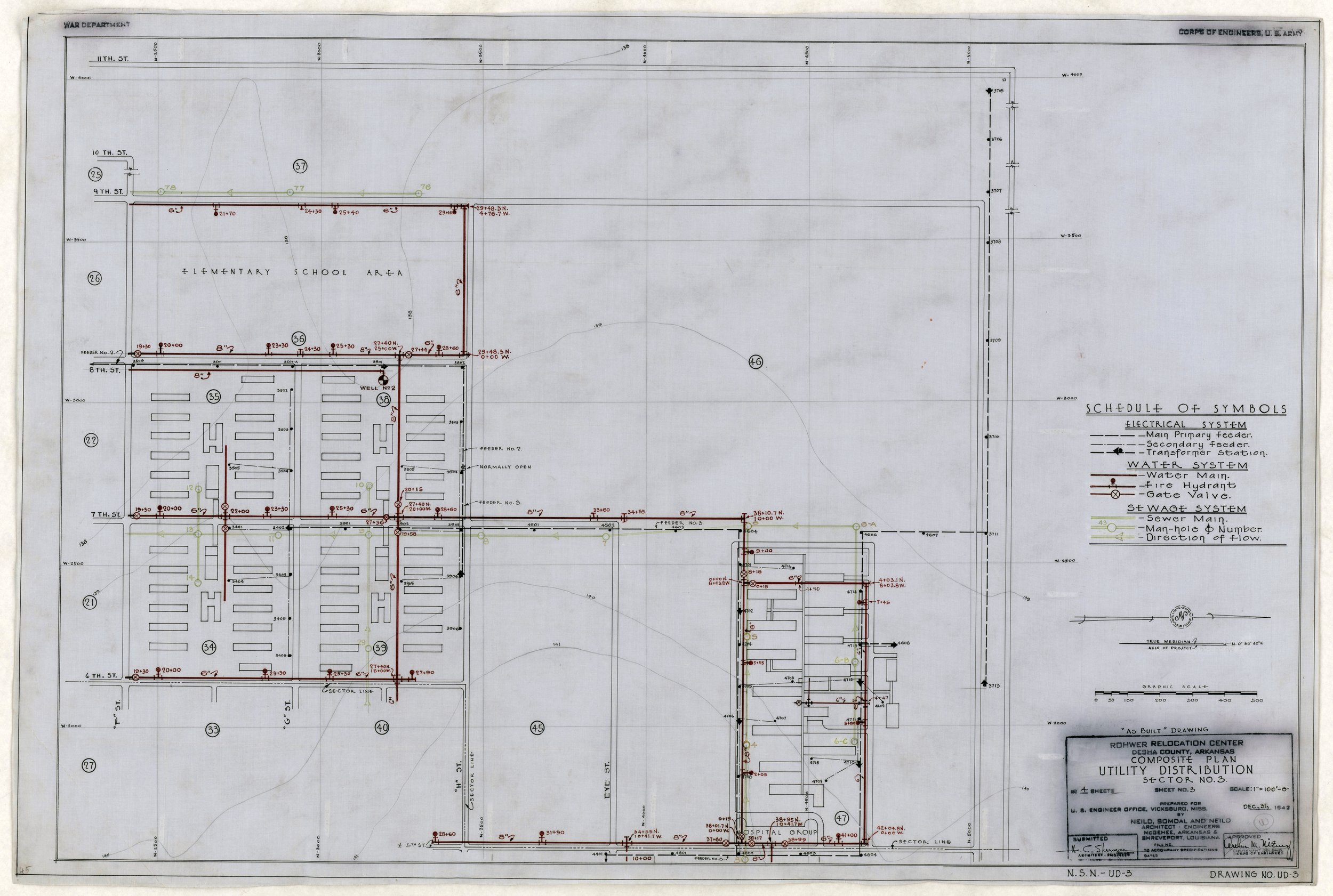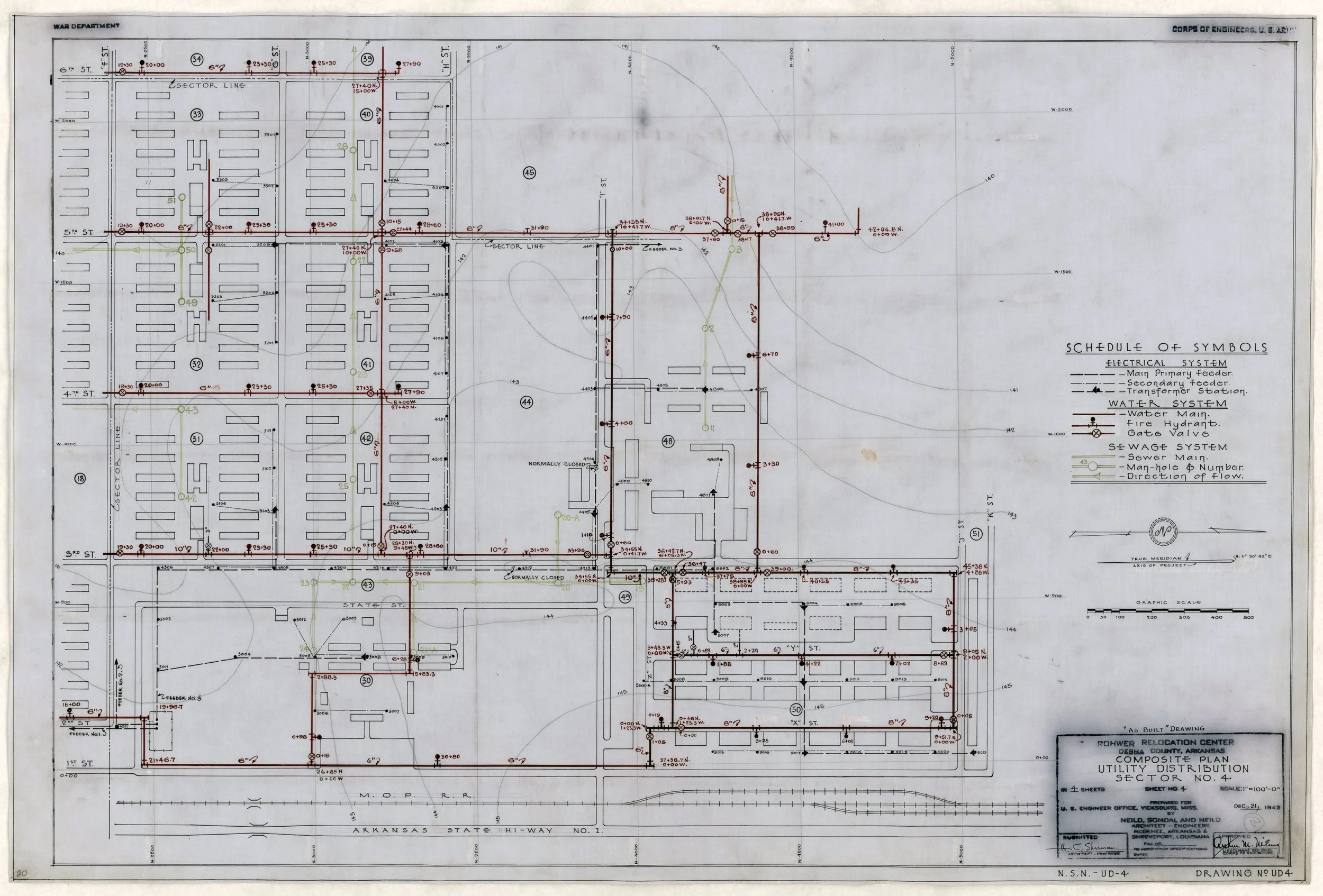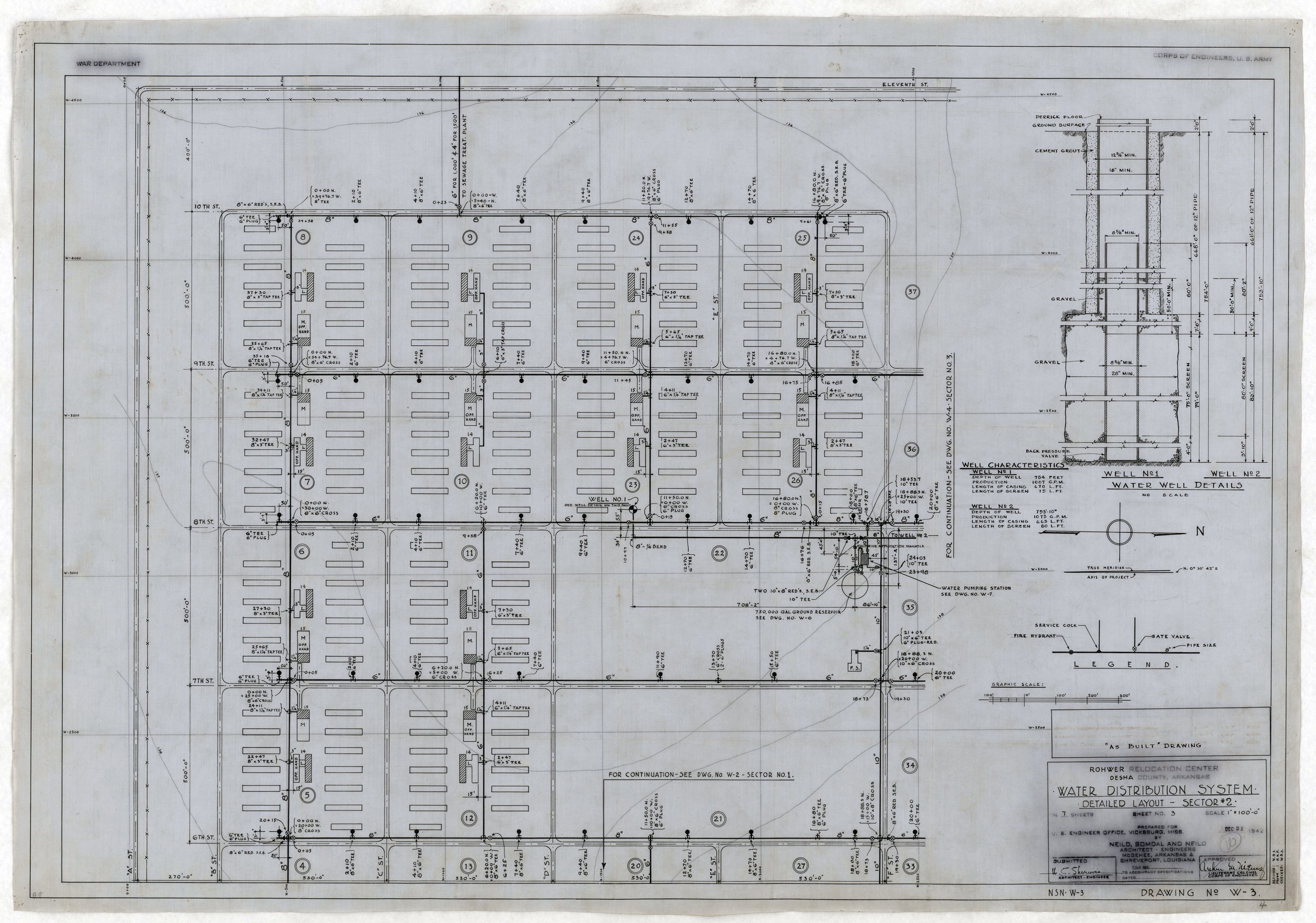Located on the traditional land of the Wazhazhe Maⁿzhaⁿ (Osage) and Quapaw people.


















JEROME/ROHWER PILGRIMAGE
Q: What is the Jerome/Rohwer Pilgrimage?
A: This is a 4 day event in Little Rock and McGehee, Arkansas. The program includes educational sessions, activities, and site tours.
Q: When does the Jerome/Rohwer Pilgrimage take place?
A: The annual Jerome/Rohwer Pilgrimage typically takes place in mid April.
Q: Do participants have to register or make reservations? Is there a fee?
A: Yes, registration and a fee are required to attend.
Q: Where is the Jerome/Rohwer Pilgrimage held?
A: Most of the pilgrimage will be held in Little Rock Arkansas including the opening ceremony, educational sessions and more. The site tour will be in McGehee, Arkansas
Q: Is bus transportation to the Pilgrimage available?
A: Yes, there will be bus transportation to McGehee from Little Rock.
Q: Are food and drinks available at Jerome/Rohwer Pilgrimage?
A: Yes, registration includes some meals. The hotels listed for the pilgrimage serve a continental breakfast.
Q: What is the weather like in Arkansas during the Pilgrimage?
A: Be prepared for all types of weather! Bring a hat, sunscreen and lip balm and USE THEM, even if it's cloudy, as ultraviolet light penetrates clouds and is rather intense at higher elevations. Also, DRINK PLENTY OF WATER while you’re there. STAY HYDRATED EVEN IF THE WEATHER IS MILD. Also be prepared for downbursts of rain!
Q: Is there a religious service during the Pilgrimage?
A: No.
Q: Can I drive myself?
A: Attendees are allowed to travel to each location by private car. There is enough parking at each Pilgrimage location.
videos
Rinko Shimasaki Enosaki attended the Jerome/Rohwer pilgrimage two years in a row! In 2019 she brought two of her grandchildren for their first pilgrimage. Listen to how the pilgrimage experience changed how they see their grandmother.
Carole’s grandfather was taken by the FBI, then the rest of the family were sent to Rohwer, Arkansas. Because of this, Carol’s grandfather had a lasting distrust of law enforcement. Carole shares with us this history and how she thinks her grandfather would have reacted to the U.S. government’s apology.




